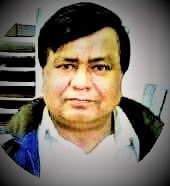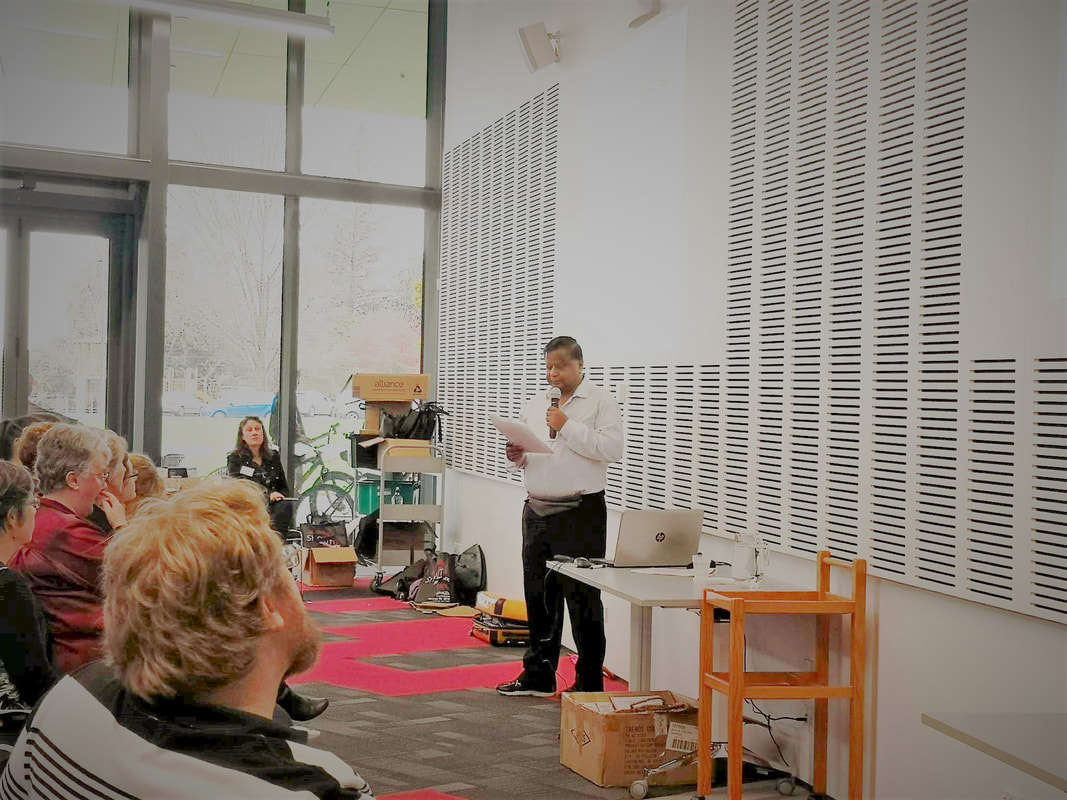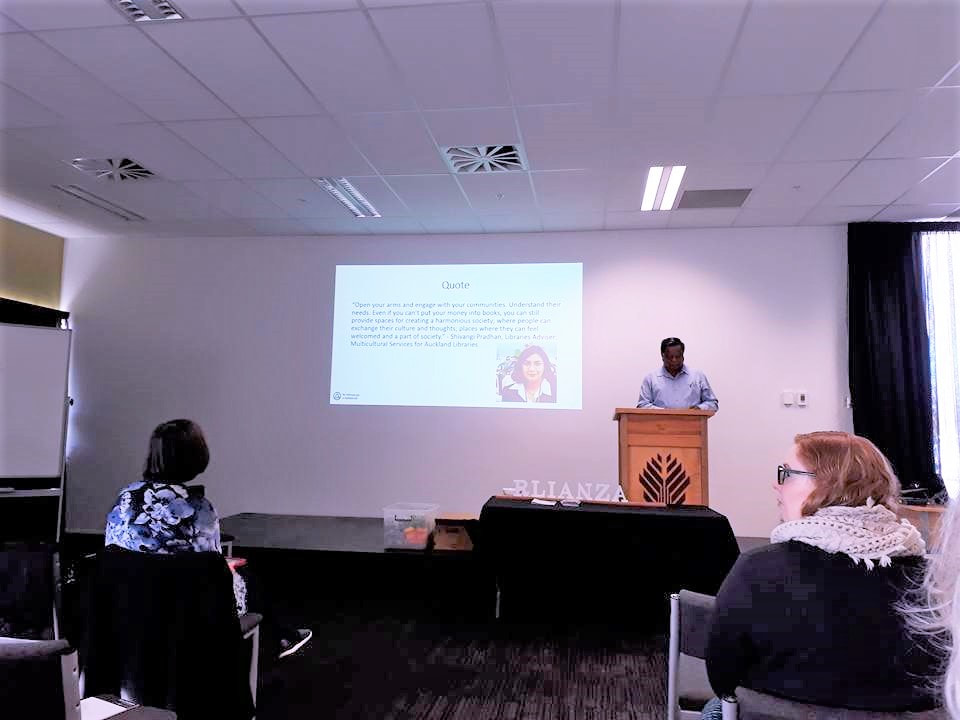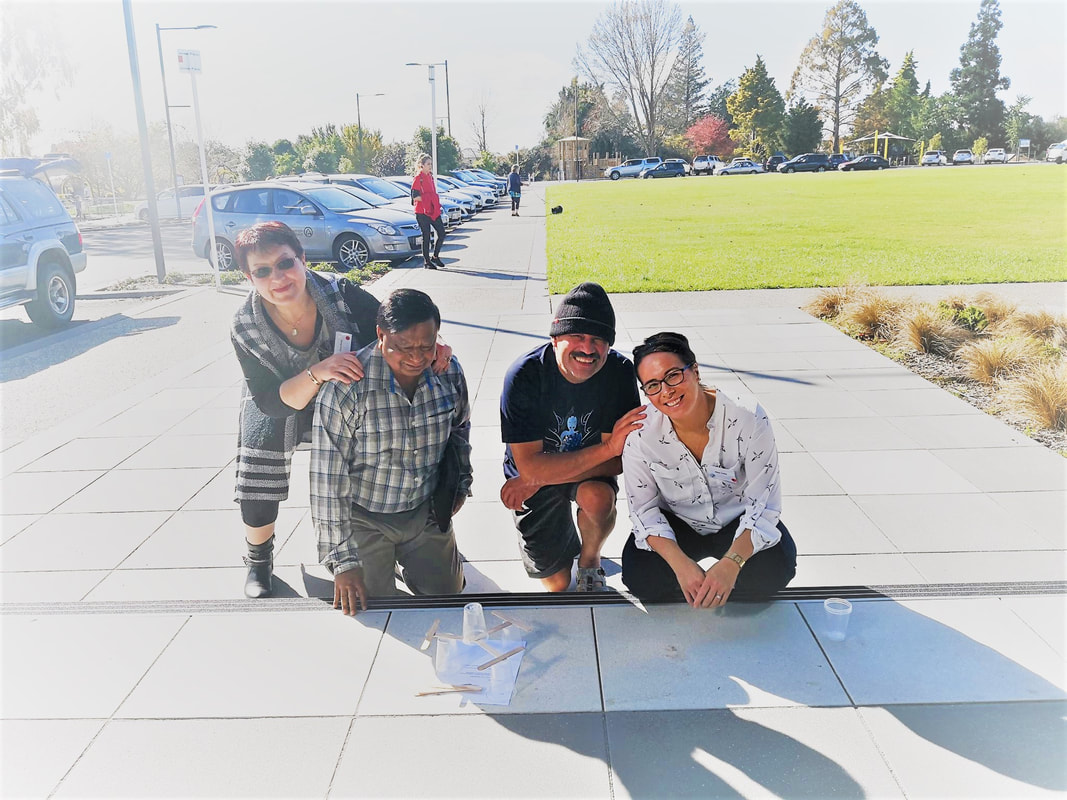We Are LIANZA: Mohan Lal
|
Kia ora Mohan and thanks so much for agreeing to be interviewed for Library Life magazine’s new column: We Are LIANZA!
You’ve worked in the tertiary sector for at least 18 years, most recently with Te Wānanga o Aotearoa. What do you think are the biggest challenges facing tertiary librarians? Academic libraries operate within and contribute to a rapidly changing environment. Being aware of what is changing and ensuring that libraries can continue to play a useful role in higher education is a profound ongoing challenge. Currently, all libraries are faced with the challenge of operating and delivering service during different levels of COVID. There is an ongoing challenge of financial stringency from the parent organization and doing more with less. Furthermore, academic libraries have to deal with the impact of rapidly changing information technology. |
|
Academic libraries are adopting a business-like approach to operating and service delivery, what some have called as McDonalisation of Library. Things such as self-service, open library, removal of security gates, partnering with other services such as student support are becoming more common practice. Managing the balance between print and electronic resources is another minefield.
Providing online service delivery, copying with electronic resources and its price, chaos in scholarly communication such as open online publishing, social media, etc. This leads to problems of creation, control, and preservation of digital resources Additionally, academic libraries have to deal with a dichotomous view about the relevancy of libraries in future. Can you tell us about your time working in Fiji? I held the position of Manager, Derrick Learning Support Centre at the Fiji Institute of Technology for several years before migrating to New Zealand. Under the leadership of Professor John Harre, former CEO of Eastern Institute of Technology and Bob Bubendorfer, former CEO of Wellington |
Polytechnic, we laid the groundwork for what is now Fiji National University. I was an active member of the Fiji Library Association and held the position of President, Journal editor and Conference Convener. I also contributed to Fiji Library literature through regular contribution to the Fiji Library Association Journal and Newsletter.
Whilst working as a Medical Librarian at the Fiji School of Medicine, I conjointly with Dr Parshu Ram contributed to the medical literature in Fiji. We jointly published several annotated bibliographies on various health issues in Fiji such as diabetes, heart disease, etc. I produced the first bibliography regarding nutrition in Fiji, titled Nutrition in Fiji: An annotated bibliography. I set up the library at the Suva based office of the World Health Organization.
Whilst working at the Library Services of Fiji I was instrumental in the development of library at several Government Departments and training of library assistants.
Whilst working as a Medical Librarian at the Fiji School of Medicine, I conjointly with Dr Parshu Ram contributed to the medical literature in Fiji. We jointly published several annotated bibliographies on various health issues in Fiji such as diabetes, heart disease, etc. I produced the first bibliography regarding nutrition in Fiji, titled Nutrition in Fiji: An annotated bibliography. I set up the library at the Suva based office of the World Health Organization.
Whilst working at the Library Services of Fiji I was instrumental in the development of library at several Government Departments and training of library assistants.
|
You have presented at the LIANZA conference before, haven’t you? Do you recommend the experience? What was it like?
I believe that the skills I gained from completing a course in tertiary teaching and teaching information literacy at various institutions in New Zealand and overseas as an invaluable aid to presenting at LIANZA conferences. Presenting at a LIANZA conference accrues a number of benefits such as networking, showcase your research, improve presentation skills and of course another addition to your CV. Can you share with our readers what your personal career highlights have been? My career milestones have been raising from a library to being Manager of Library Service for a multi-campus academic intuition. When information literacy became vogue in academic libraries, I was able to develop modules and teach and contributed towards the setting up of Information Literacy Standards. My greatest satisfaction has been being actively involved in the library profession in New Zealand and overseas. |
|
You are professionally registered. We were discussing recently how the revalidation process – the reflective practice – isn’t all about doing professional development outside your workplace – it’s about looking at your day-to-day work, reflecting on it, thinking about what lessons you’ve learned from your experiences. How do you make revalidation work for you?
Revalidation for me is like self-improvement, being actively involved in learning and incorporating new ideas into your library practice. Being conscious of what works and what does not in your own practice. Reading and contribution to professional library literature is one way I keep myself up to date with the current trends in librarianship. Apart from librarianship, I am involved with a number of community organizations, such as Justice of Peace, Victim Support and Herb Society. These community development organizations provide a lot of skills that I have been able to use in my professional library practice. These include people skills, event management, project management just to name a few. |
Sometimes I wonder if there is a perception that RLIANZA is for more senior library workers, but if you have an undergraduate degree of any sort and work in a library you are eligible to work towards professional registration. How long should you wait to become RLIANZA?
I believe that everyone working in libraries in New Zealand should aim to become RLIANZA. It reflects that you are committed to the library profession. It shows that you have gained a certain level of knowledge, understanding and competence in library practice in New Zealand. Recognition by the professional body LIANZA with RLIANZA is hugely motivating, enhancement of self-perception. It provides recognition to others such as your colleagues, employers and others that you have the necessary skills and competency in the field.
You are the chair of LIANZA’s Te Whakakitenga aa Kaimai regional community. Why do you think it is important to have a national professional membership organisation such as LIANZA? What would you like to see LIANZA do more of?
Its is crucial to have a national body such as LIANZA that can raise and promote issues relating to library professional at national and government level. Being an active member of LIANZA means that you are contributing to the voice of LIANZA. It is therefore vital that everyone working in libraries to become a LIANZA member for the shake of professional unity, concerns and issues.
Is there anything else you’d like to share with our readers?
I get the greatest satisfaction of being a librarian when I am able to satisfy the information needs of my clients. Sometimes finding information is not easy, its more like detective work. Despite what some people say about the future of libraries, I feel that libraries are here to stay as long as our clients need information for leisure, research, and learning.
I believe that everyone working in libraries in New Zealand should aim to become RLIANZA. It reflects that you are committed to the library profession. It shows that you have gained a certain level of knowledge, understanding and competence in library practice in New Zealand. Recognition by the professional body LIANZA with RLIANZA is hugely motivating, enhancement of self-perception. It provides recognition to others such as your colleagues, employers and others that you have the necessary skills and competency in the field.
You are the chair of LIANZA’s Te Whakakitenga aa Kaimai regional community. Why do you think it is important to have a national professional membership organisation such as LIANZA? What would you like to see LIANZA do more of?
Its is crucial to have a national body such as LIANZA that can raise and promote issues relating to library professional at national and government level. Being an active member of LIANZA means that you are contributing to the voice of LIANZA. It is therefore vital that everyone working in libraries to become a LIANZA member for the shake of professional unity, concerns and issues.
Is there anything else you’d like to share with our readers?
I get the greatest satisfaction of being a librarian when I am able to satisfy the information needs of my clients. Sometimes finding information is not easy, its more like detective work. Despite what some people say about the future of libraries, I feel that libraries are here to stay as long as our clients need information for leisure, research, and learning.




